Leon’s last show: The voice of Adelaide on his amazing career as host of the FIVEaa morning show
For more than two decades, Leon Byner has been a thorn in the side of authority and bureaucracy. After his final FIVEaa morning shift, he reveals what it all came down to.
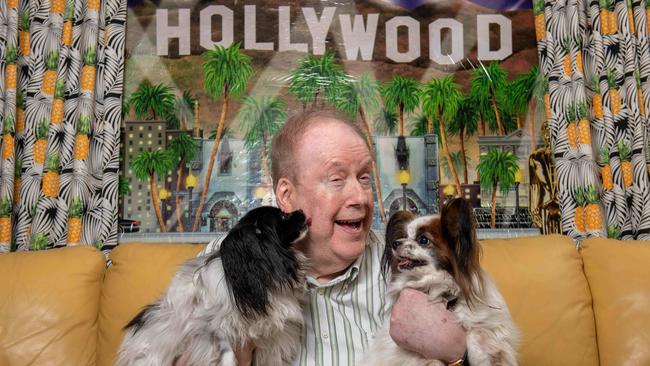
SA Weekend
Don't miss out on the headlines from SA Weekend. Followed categories will be added to My News.
Leon Byner has a voice made for radio.
It’s deep and resonant, and it conveys authority.
But it wasn’t Byner himself who discovered this quality that would be the basis of a
60-year career – it was John Bell, the actor who would go on to found the country’s most famous Shakespeare theatre company (Bell Shakespeare). A man who knows a thing or two about voices.
“When I was 14 I lived on St Kilda Rd in Melbourne, very close to the Alfred Hospital,” Byner tells SA Weekend, speaking at his suburban Adelaide home.
“They had a fete every year, and I volunteered my services to man the public address system.
“Out of that, one day a bloke came up to me and said, ‘You, sir, should be on radio’. And that was John Bell.”
Bell couldn’t have known that one line would give a Melbourne kid the courage he needed to have a serious crack at radio, but it did.
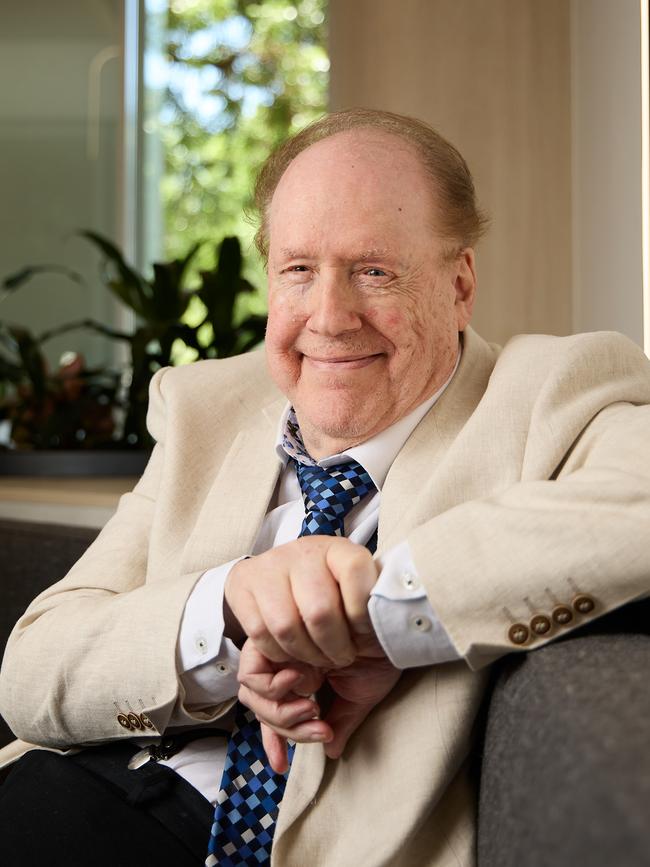
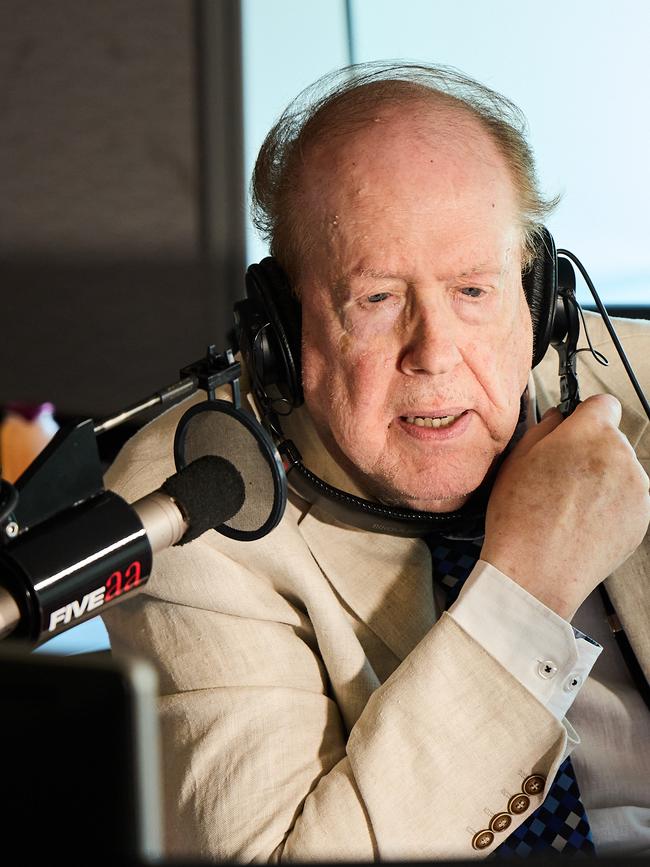
“I kind of knew that what he was telling me was right, so I gravitated towards doing more of that kind of stuff,” he says.
“I continued to do work for the Alfred, and by the time I got my first radio job in the country, at 17 in Shepparton, I had experience with public address and I had some experience in the dramatic arts at St Martin’s Theatre, which my father encouraged me to do.
“So I had a pretty early start and by the time I was 20 or 21, I was a bit of a trouper.”
A trouper, sure, but trooper might be more appropriate these days, given Byner’s willingness to go to war for his listeners.
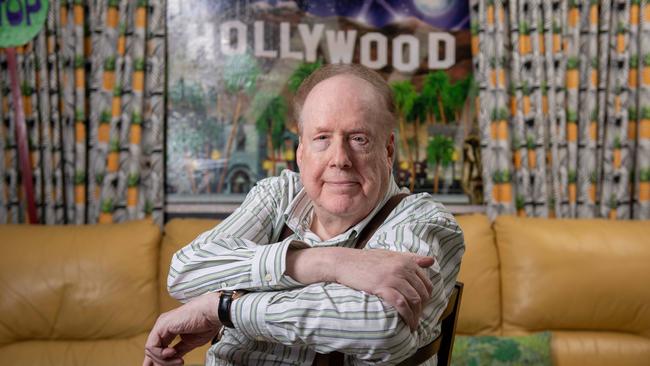
For more than two decades Byner, as host of FIVEaa’s morning show, has been a thorn in the side of authority and bureaucracy.
He says he’s never been trained as a journalist, but his work often strays into that realm. He’s been a persistent advocate for the underdog, and he has a contact list as thick as a phone book that he’s not afraid to wield if there’s something that needs fixing.
On Friday, that 23-year run ended, with Byner hosting his last-ever FIVEaa morning show.
He knows that in the fickle world of radio – where hosts are regularly subjected to sudden, brutal and humiliating metaphorical beheadings – that he’s had a dream run.
He’s adamant he’s not retiring, and the station has confirmed that there will be an ongoing role for him in the Hindmarsh Square office, but there’s no doubt that, with Byner off the air, the spirit of Adelaide’s old guard goes off the air with him.
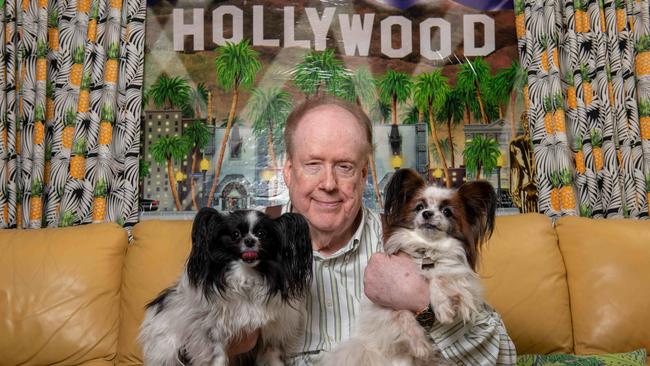
That time in Shepparton, Byner says in between pats of his papillons Miss Bounty and Freckle, taught him skills that would prove invaluable.
It was the mid-60s, and country radio stations were booming. They were a place where a keen kid could cut his teeth.
You wanna be a DJ? Sure kid, the records are over there. But you might have to take down some funeral notices and sell some ads, too.
“These days, the way regional radio is structured, they might do a local breakfast show but the rest is coming from Melbourne or Sydney or wherever,” the 74-year-old says.
“That didn’t used to be the case. I was very lucky, and probably one of the last people to come through that system.
“And you had people in the country who would teach you, they would mentor you.”
Some of those mentors must have done a good job, because Byner found himself landing better and better gigs.
“I came to Adelaide in the late 60s, and I worked 5AD midnight to dawn, filled in for breakfast, that sort of stuff,” he says.
“Then I went to 5KA and got my straps there. Then I went to Sydney and was on Sydney radio for a while.
“That was pretty amazing. I replaced John Laws on 2UW.”
Yes, THAT John Laws.
Byner says that in radio there’s a lot to be said for being in the right place at the right time and ready to roll.
He’s made an art of it.
“We’re talking here 1973 or ’74, and Laws was very much the king of radio,” he says.
“But he had a major health issue and the station loved my tape, and they said, ‘How would you feel about doing mornings for three or four months?’.”
Obviously it’s not an opportunity that needs much consideration, and Byner suddenly found himself at the helm of the highest-rating show in our biggest city.
What really surprised him, however, is that he managed to keep it there.
“We stayed at No. 1 – we didn’t lose any listeners, which astounded me,” he says.
“You had Bob Rogers on 2UE, John Pearce on 2GB. These were all big-name guys, and I was astounded that we were able to keep the No. 1 position.”
Two big things came out of that stint in Sydney. Career-shaping things.
The first was a piece of advice that guides him to this very day: “Someone said, ‘Be Leon, don’t try to be John Laws. Be yourself’.
“I still try to do that.”
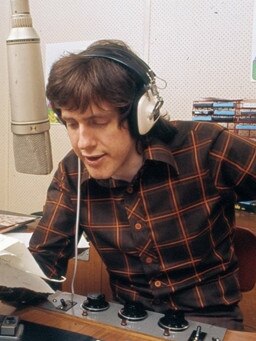
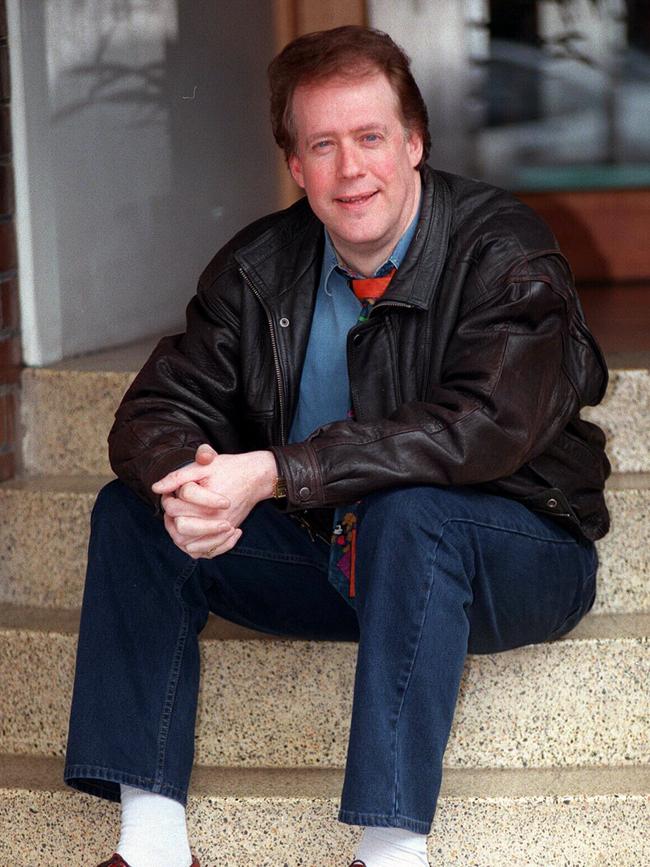
And the second was a dramatic incident on his very first day at 2UW when a listener called in threatening to take her own life.
“She called in, and I thought, ‘how am I going to handle this?’,” Byner says.
“We kept her on the radio for a period of 15 or 20 minutes and were able to get the cops out to her.
“They got on the phone and said, ‘Is that Leon? We’re here, and she’s going to be fine’.
“I think her name was Lisa.
“That was a baptism of fire.”
Dramatic. Traumatic even.
But it drove home a fact that would prove pivotal in that later part of Byner’s career on FIVEaa in Adelaide.
For many people, the radio is more than background noise, more than information, more than entertainment.
For many people, the radio is a companion and a friend.
“It proved to me beyond any doubt that the radio was more than entertainment to people,” Byner says.
“All this lady, her name was Lisa, wanted was someone to talk to, and unfortunately she didn’t have a network of friends or family.
“So I was it. The radio was her last resort.
“I know the station were on tenterhooks about how I was going to handle it, but I thought, ‘You know what Leon, just treat it how you would treat her in life. Forget the microphone, forget the studio, and just do what you would do as a person’.
“And that’s what I did.”
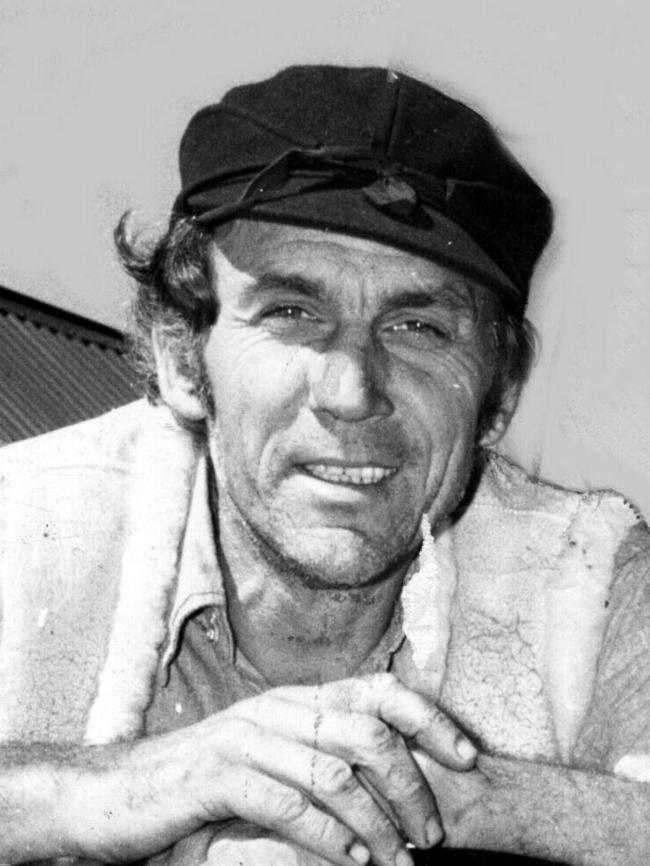
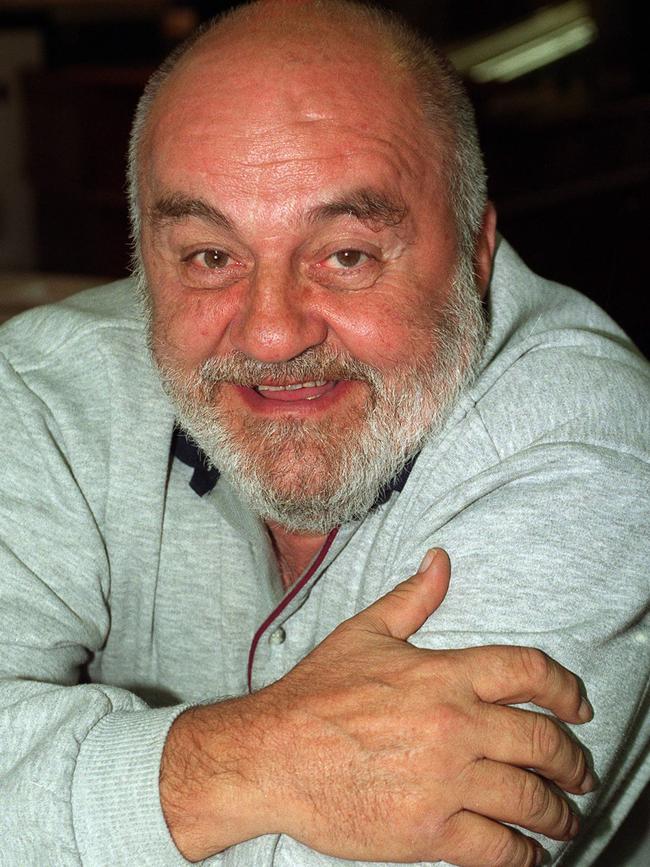
The sudden illness of another radio legend, Adelaide’s own Bob Francis, gave Byner his big break at FIVEaa. Again, right place, right time, ready to roll.
“David Whiteman was there as the manager, and Peter Brennan – son of John Brennan – was the program director,” Byner says.
“They rang me and said they thought I could be a good addition to the station. They gave me a few shifts, and when Bob Francis was ill they put me on nights for a while. Then said they wanted me on the team.”
That was in 1999, and by 2000 he was in the mornings chair – a chair he’d sit in for the next 22 years.
“To occupy one slot on one station for that amount of time, I don’t think that’s going to happen again,” Byner says.
“The way the business model works, it’s not going to happen again. But the nature of the business means that if you’re there on the ground at the right time you’ll be rewarded.
“Luck and perseverance are probably the two things I would say have defined my career.
“If the opportunities are there you have to make them work.”
During those two decades Byner saw countless stars come and go from Adelaide radio. One minute you’re on a billboard, next minute you’re on the couch wondering how a six-figure salary and a standing invite to every event in town can suddenly evaporate overnight.
“Radio is an industry that’s not unlike peering into a petrol tank with a lit match,” Byner says.
“That’s how I would describe it. It’s an industry that can chew you up and spit you out, but you go in with your eyes open.
“My dad used to say ‘There’s no such thing as being indispensable. If you take your hand out of a bucket of water the hole disappears. But you can be hard to replace’. So I learned to be hard to replace.”
And there are countless listeners who would argue that Byner can never be replaced (don’t worry Matthew Pantelis, they’ll give you a chance).
These are the listeners that Byner has helped over two decades, and their number is large.
If you’ve even listened to one Leon Byner program you would have heard a conversation that went something like this: “I’m going to give you a number for a person I know in the department, and I’ll let them know that you’re going to give them a call. They’ll be able to help you out, and I want you to call me back and let me know how you got on.”
You can imagine the panic in the eyes of the official or bureaucrat whose number was about to be passed on.
Byner says that having a direct line to ministers and politicians is one thing, but having access to the next level down is often more effective when you’re trying to help a listener who’s about to be evicted from their home or have their electricity cut off.
“I feel obligated to help people,” he says.
“I have a microphone that’s connected to a transmitter that talks to thousands of people, so if I didn’t use that for a positive purpose other than simply to earn a living then I wouldn’t be happy.
“I go home at night knowing that I’ve earned my keep for the day. It’s a lovely feeling going home knowing that my favourite thing in the world can also help people that are between a rock and hard place.
“I’m the person of last resort. If somebody rings me then they’re in trouble. I’m their last hope. And I’m very good at finding people.”
Byner recalls a listener ringing in, a single mum who’d turned down a proposition from her landlord and was now facing homelessness.
“Through my contacts we were able to get her somewhere to live within a day,” he says.
“I’m sure some in the public service see me as a pest, but I also know that they are often unsung, so I have the opportunity to say, ‘Thank you for what you’ve done, thank you for helping someone out’.
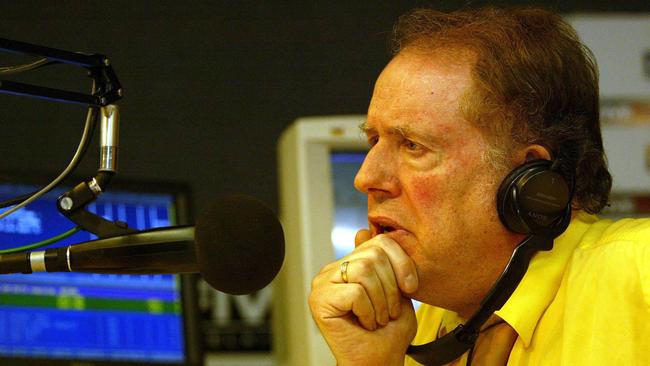
Station manager at FIVEaa, Craig Munn, agrees that the chances of anyone getting another run like Byner’s is slim, to say the least.
“I would say it’s probable that nobody will ever sit in the FIVEaa mornings chair for as long as Leon has,” Munn says.
“He’s only been able to do that because he’s been able to connect with his audience day in, day out, for two decades.”
He says Byner’s ability to help ordinary South Australians in need will be his lasting legacy.
“That’s how he’ll be defined as a broadcaster, that will be his touchstone,” Munn says.
“And it came from a genuine place. He took an interest and had care for his listeners.
“And the other very strong element of his program was his consistency in pushing for policy changes. Things like cost of living, electricity pricing and infrastructure in our state. I think he has had influence in the terms of policy making in those spaces.”
Munn said it was “extremely difficult” to call time on a career as long and successful as Byner’s.
“Having said that, Leon is going to stay with the station in 2023, which we’re really excited about,” he said.
Just what that new role is going to look like is yet to be decided, but Byner is quick to point out that he has no plans to slide into a quiet retirement.
Would he consider on air offers from other stations? Yes, he says.
Would he think about moving into the world of podcasting? Why not?
“The word is relevance,” he says.
“It doesn’t matter what platform you’re on, if you do stuff that’s relevant to listeners, that touches them where they live, that matters to them – you will do more than survive you will prosper.”
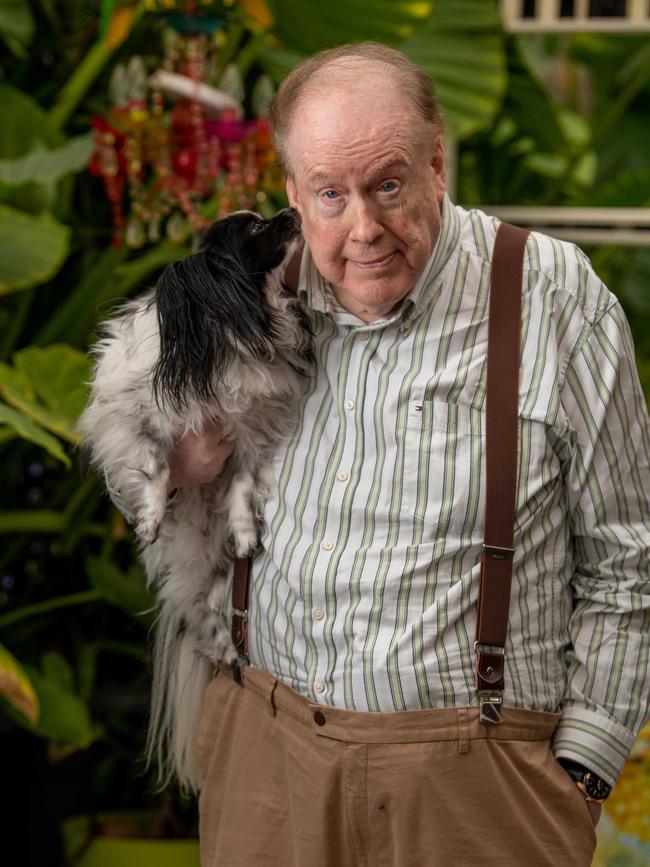
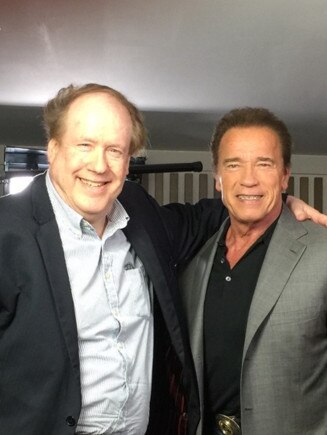
Byner is candid about what he calls the “one blip” in his career – the time he was embroiled in the cash for comment scandal that swept through Australian radio.
He was suspended by FIVEaa in 2004 after being accused of failing to disclose personal deals he had with various organisations and individuals, including then lord mayor of Adelaide Michael Harbison.
At the time, Byner admitted on air that he should have disclosed the arrangements, and the station was called to task by the Australian Broadcasting Authority, which found that FIVEaa “breached the commercial radio standards 15 times by failing to disclose Leon Byner’s commercial interests”.
“I think because Alan Jones and John Laws had been caught in Sydney they wanted to find somebody in Adelaide they could somehow fit out for that,” Byner says.
“The truth is that if it had actually been ‘cash for comment’ I wouldn’t be in the industry now. It wasn’t.”
So, a witch hunt?
“Yeah, partly,” Byner says.
“I look at it as a blip, but there was never actually any cash for comment. You roll with the punches in the industry, and that was the only time in a career that started in 1966 that I was ever questioned about anything.”
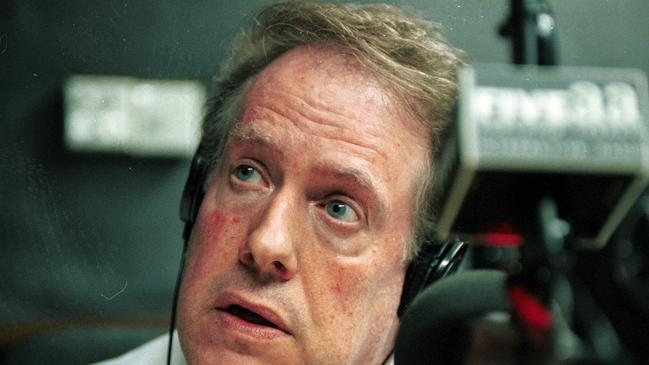
If there’s a silver lining to no longer doing mornings, it’s not being forced to be up at the crack of dawn, and having more time to plan his next trip to his favourite place on earth, Hollywood.
Byner has a deep and abiding affection for Tinseltown that was ignited during his first trip in the ’70s. He’s been back 20 times since.
He’s done stints on American radio, once posing in character as a doctor and telling a woman who called in to discuss her kleptomania to “take two ashtrays and call me in the morning”, as well as countless interviews with A-listers, many of whom he now counts as friends.
“If I went to America and didn’t meet up with Arnold Schwarzenegger he’d be very pissed off,” Byner laughs.
“I first met him decades ago, and even back then he was a very smart, switched on guy. Very into politics, very into health. We just struck up this rather cool association.”
He’s itching to get back to LA, the city where he forged bonds with the likes of Mel Brooks and the late Jackie Collins.
And if he does get up at the crack of dawn it’s going to be to walk Miss Bounty and Freckle, not to ponder the morning’s news agenda.
There is, he says, still plenty of life in this old broadcaster.
“I’m 74,” he says.
“I don’t feel it and I don’t think it. I look after my health pretty well and I have good attitude management. You need to keep your enthusiasm. That’s the main thing.” ■



